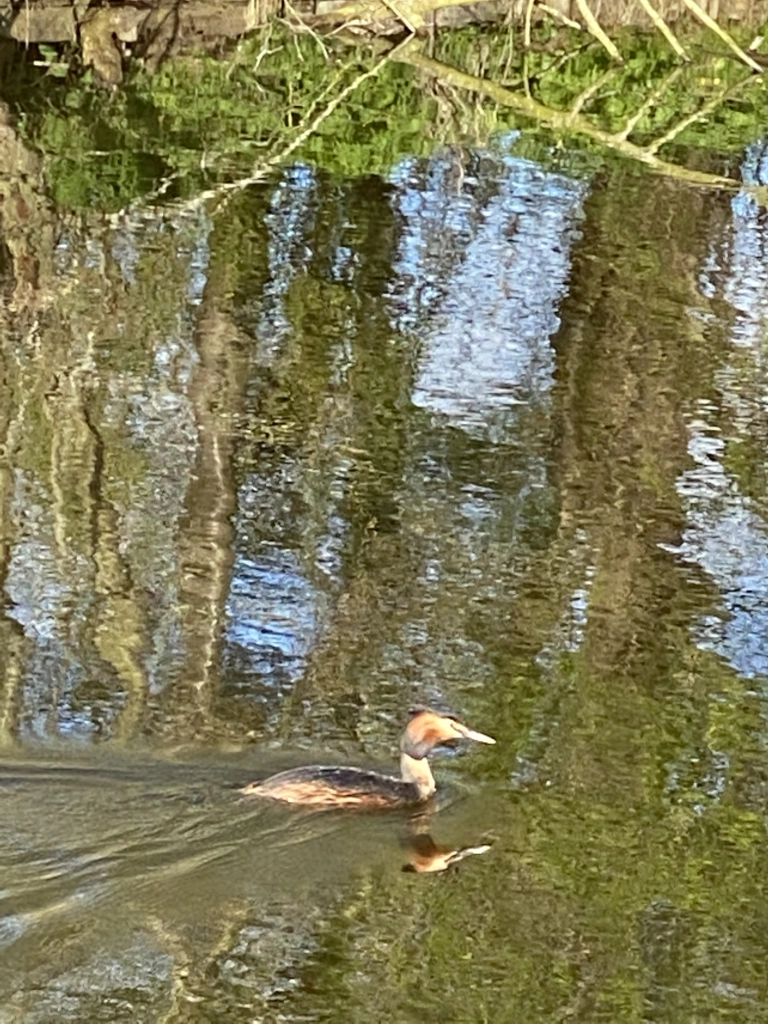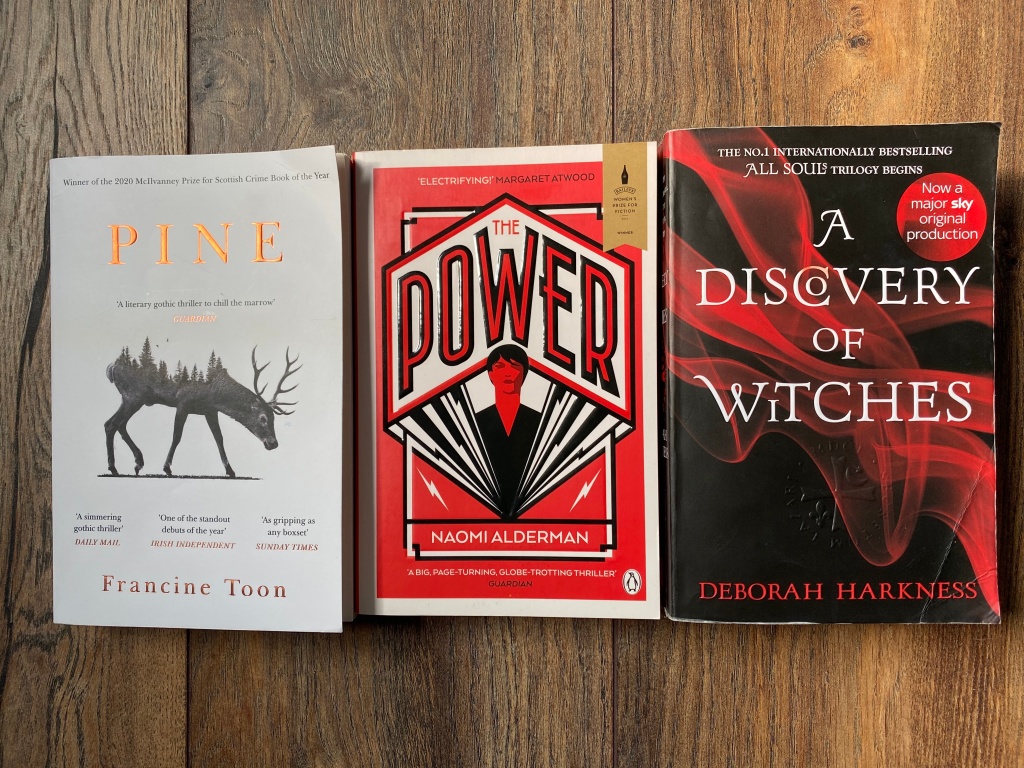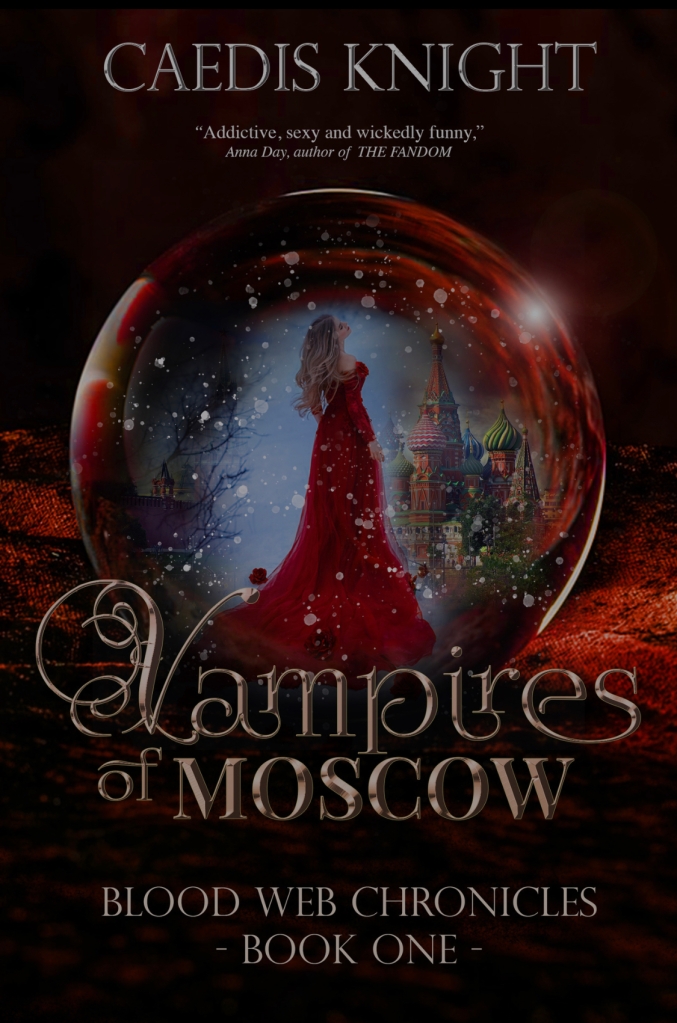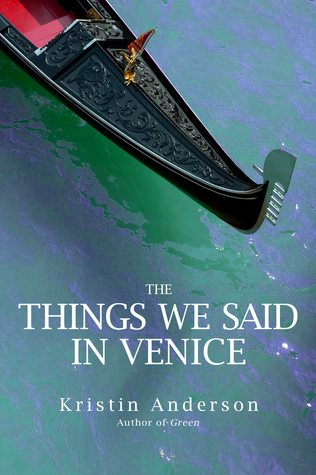Back when I was invincible (think late teens, early twenties), I thought bird watchers had been invented for the sole purpose of providing fodder for me and my friends to ridicule. Of all the things to do out in nature, why would someone tromp around the woods, through swamps, over the hills with a pair of binoculars, just to catch a glimpse of a little ole bird?
I was aware of the startling beauty of birds only in the most blatant sense: The fuchsia flush of a hummingbird suspended by blurred wings near the bird feeder, the royal feathers of a Peacock, the nine-foot wing span of the endangered California Condor. But the rest were simply there to create a vague soundtrack to the unfolding of my invincible, self-centered world.
I don’t know when I realized my own mortality. Probably about the same time I discovered the beauty of bird song. Now I bend my neck skyward, pause. Search out the little birds who are creating such beauty in my life. I relish waking to bird song, even if they sometimes start at dawn. I’m not quite a bird watcher, but if someone has a fountain in their yard, I’ve been known to stop and watch the birds taking a bath, or diving in for a swig of water.
During my walk this morning, Jamie tugged on her leash and brought my attention to a bird gliding through the canal. It swivelled its red-tufted head in our direction and made an inelegant barking sound before diving under the water. I ran over the damp grass lumpy with dog poop and prepared my iPhone to zoom in for a shot. But the bird was ahead of me. It popped up on the far bank, out of range even for the highest zoom setting on my phone.
I managed a blurry shot. When I got home, I sent it off to a bird watching friend –Yes. They’re my friends these days–asking if he could identify it. I’ve checked my email at least four times to see if he’s responded yet. Darn him and his full time job and strong work ethic. Tell me about this beautiful barking bird! Oh, but now he has responded. It’s a Great Crested Grebe! Can you feel my excitement about a bird? What would my teenage self have to say about this development?
Speaking of developments, I’m currently working on a manuscript that’s a wee bit out of my regular romance genre: I’m writing a story that I could label as both paranormal and climate fiction (say what?). When it comes to paranormal (as in witches and vampires and others with magical powers who live in our real world, rather than a complete fantasy world), I’ve read only a handful of books. But I love them. Think Dracula. His world is magical, but he lives in a village surrounded by real people just like you and me.
One thing that you need to do as an author is read in your genre. So, I’ve been exploring the paranormal world that co-exists with ours in the last few months.
Here are a handful of the novels I’ve really enjoyed lately in my efforts to research this genre: A Discovery of Witches, by Deborah Darkness (I’m tagging small bookstores where possible in an effort to support local versus large conglomerates. In this novel, Deborah Harkness uses her scholarly background to give this Witch, Daemon and Vampire world a rich history and its own genetic problems. The Power by Naomi Alderman, which, as Margaret Atwood said, really is electrifying, explores what happens when women receive an electrifying power. Pine by Francine Toon, a creepy YA ghost story that had me captivated. And last but not least, a gritty, sexy paranormal story, Vampires of Moscow by Caedis Knight. This last one, which kept me awake all weekend, took me on a journey where the paranormals have certain powers and limitations, which are adeptly explained and defined through the eyes of Saskia, an undercover reporter for the Blood Web Chronicles.
All of these novels show the complexity and diversity of the paranormal world, how many ways it can be approached, and that really, you haven’t read it all. This post is to very subtly announce that I am working on a new novel in a new-to-me genre, and to admit that I am definitely watching the birds. Speaking of The Birds. Anyone know where I can watch the entire film of Hitchcock’s The Birds? I’d love to see that again.




 Have you seen these cute little black books? They are part of the PENGUIN Little Black Classics series, issued in 2015 to celebrate the 80th anniversary of Penguin Books.
Have you seen these cute little black books? They are part of the PENGUIN Little Black Classics series, issued in 2015 to celebrate the 80th anniversary of Penguin Books.



 my debut novel GREEN and the environmental and social debates that unfold in this opposites-attract story between Jake Tillerman and Ellie Ashburn are the perfect introduction to leading an environmental lifestyle, without bashing someone over the head with your ideology. (Let sexy Jake it for you!)
my debut novel GREEN and the environmental and social debates that unfold in this opposites-attract story between Jake Tillerman and Ellie Ashburn are the perfect introduction to leading an environmental lifestyle, without bashing someone over the head with your ideology. (Let sexy Jake it for you!)  has her own opinions, and she isn’t afraid to verbally spar with Jake on every topic. That not-so-green friend of yours might even recognize herself in Ellie.
has her own opinions, and she isn’t afraid to verbally spar with Jake on every topic. That not-so-green friend of yours might even recognize herself in Ellie. So you’ve happened upon my blog. Welcome and I’m glad you found me! In a nutshell, I’m an indie author and I write contemporary romance with an eco-conscience. Today I have decided to share Chapter 1 of
So you’ve happened upon my blog. Welcome and I’m glad you found me! In a nutshell, I’m an indie author and I write contemporary romance with an eco-conscience. Today I have decided to share Chapter 1 of 








